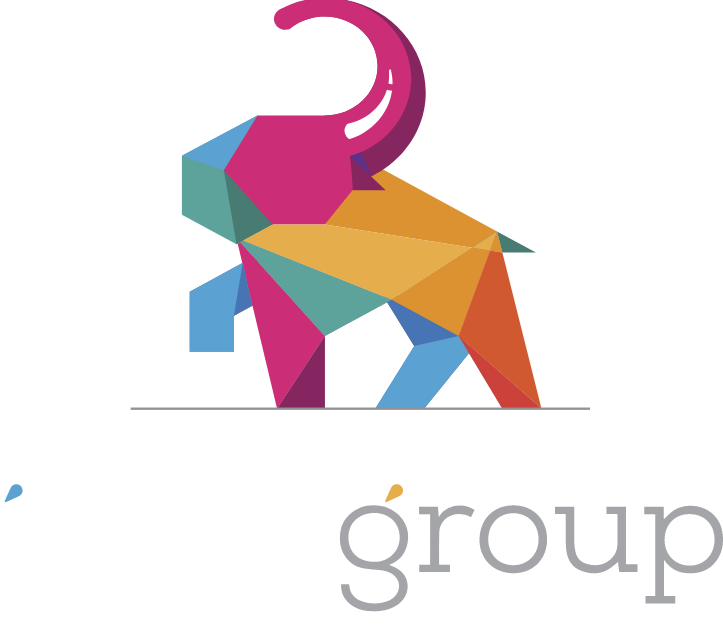
Workplace Culture: What Candidates Tell Us
When working with candidates across the built environment, there’s one common theme that continues to arise - the motivation to work somewhere with a good culture.
What Does Culture Really Mean?
Everyone defines workplace culture a little differently, but for the candidates we speak with every day, it’s not just about a free gym membership or Friday drinks. It’s about how a workplace feels - how people behave, how the team shows up, how decisions are made and whether employees feel seen, valued and supported.
“I’ll know if the culture’s right… I can feel it.” This is a phrase we hear from candidates more often than not.
Culture is one of those things you can’t always describe, but you definitely notice when it’s missing.
Candidates often say they get a sense of a company’s culture the moment they step into an interview or speak to a hiring manager. They ask themselves:
- Do people seem genuine?
- Are they collaborative or competitive?
- Does the leadership team sound supportive?
It’s rarely about free snacks or branded merch. It’s the atmosphere on site, the teamwork between crews, and whether they can see themselves building something alongside the team.
What Makes People Stay?
When we ask candidates why they’ve stayed in roles they’ve loved, the answers are surprisingly consistent. It usually comes down to a few key things:
- Leadership: More than skilled managers, but people who lead with trust, empathy and drive to bring others along with them.
- Flexibility: Employers who respect and understand that work-life balance matters too.
- Recognition: Employees are acknowledged for effort, not just outcomes, and those who show a genuine interest in their growth.
- Respect: Showing respect between teams, across departments, and from management.
It’s these everyday interactions that shape whether someone feels motivated or mentally checked out.
The Red Flags Candidates Spot Quickly
On the other hand, we often hear about what drives great talent away, and again, it’s rarely about the work itself. Culture cracks tend to show up in subtle ways, like:
- Leaders who don’t listen or act on feedback
- No clear career growth or development path
- A lack of trust between staff and management
- No flexibility or consideration for work-life balance
- Misalignment between values on paper and the day-to-day reality
Candidates notice these things. And if your team notices too, that’s when you start to see high turnover, low engagement and a dip in productivity.
Strong Culture Is Built, Not Branded
There’s no magic formula for creating the perfect workplace culture, but there are some clear steps businesses can take to strengthen it.
Here’s what candidates say makes a genuine difference:
- Clearly defined company values - and leaders who actually live by them.
- Inclusive environments – where people feel safe to be themselves and speak up.
- Celebrating wins – both individual and team-based, big and small.
- Managers who lead with integrity – and aren’t afraid to have the tough conversations when needed.
Ultimately, culture is shaped by people. Leadership can set the tone, but it’s the team that brings it to life through everyday behaviours.
Why Culture Matters in the Built Environment
Across sectors like construction, architecture, engineering and government, pressure is part of the job. Tight deadlines, shifting priorities and high expectations are the norm, not the exception.
That’s why culture plays such a critical role. It’s not just about team spirit; it’s about creating an environment where people can perform under pressure without burning out.
We’ve seen time and time again that the strength of a team often comes down to how people treat each other when things get difficult. A positive culture supports collaboration, keeps communication open, and ensures that challenges are faced together – not in isolation.
In the built environment, culture isn’t a bonus. It’s the foundation that keeps teams focused, resilient and moving forward.
At Ivory Group, we know culture is more than just a buzzword – it’s one of the first things candidates ask us about.
We specialise in connecting organisations with people who align not just on skills, but on values. Whether you’re building a high-performing project team or looking for your next long-term hire, we make sure the fit is right on every level.
Looking to attract talent that feels like the right fit? Matching people to companies isn’t just about skills - it’s about instincts.
SHARE






